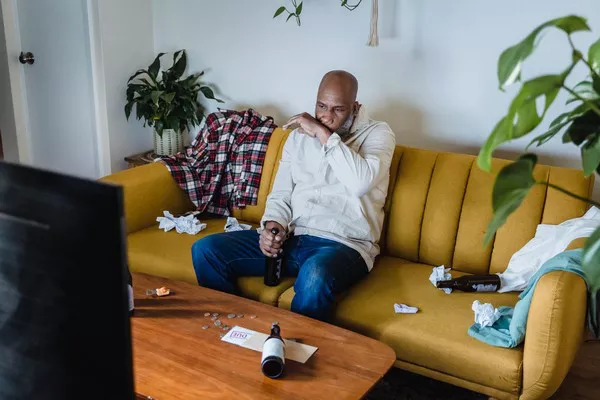A new study exploring the use of antidepressants has discovered that women may experience more mental health difficulties during a separation later in life than men. The research, published in the Journal of Epidemiology & Community Health, focused on antidepressant use among men and women during and after various types of separations, such as death, divorce, or non-marital separation.
Notably, the study revealed that women exhibited larger increases in antidepressant use than men before a divorce or breakup and experienced fewer reductions in drug use after entering into a new relationship. The findings suggest that the adverse mental health effects of divorce may be more pronounced for women, while the positive mental health effects of re-partnering are weaker among them.
Niina Metsä-Simola, a lecturer at the University of Helsinki and co-first author of the study, noted that women might seek more help for mental health problems than men, leading to a higher frequency of antidepressant use among women.
The research covered data on all permanent Finnish residents from 1996 to 2018, including individuals aged 50 to 70 who experienced the end of a relationship due to death, divorce, or non-marital separation between 2000 and 2014. Over 220,000 people were included in the sample.
The study found that separations after the age of 50 were associated with a 3 to 7 percent increase in antidepressant use, with larger increases observed in women before a divorce or breakup. The economic impact of divorce on women, coupled with differences in emotional support-seeking behavior and managing relationships within new blended families, may contribute to the gender disparities in mental health outcomes during late-life separations.



























